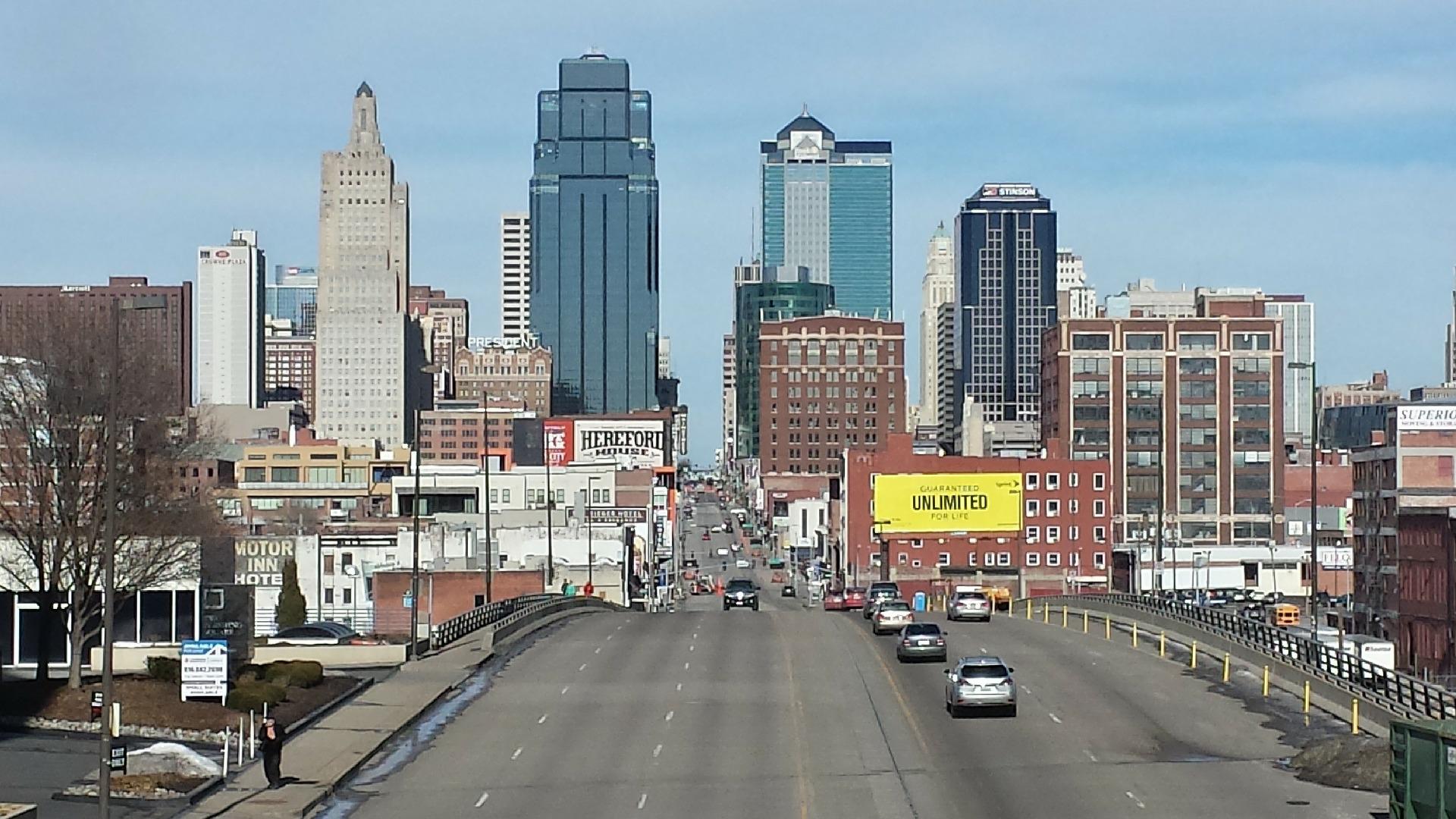
Anti-sex trafficking bill for minors may go into effect in the state
JEFFERSON CITY – An anti-sex trafficking bill is making its way through the Senate. House bill 2032 establishes and modifies provisions relating to child trafficking.
The bill would prevent trafficked children from being charged with prostitution and introduces a requirement for more resources for victims.
It also would require social services to annually make victim reports, create a task force on human trafficking, and give penalties for businesses/locations that allow trafficking to occur.
HB 2032 passed in the House on April 6. The Senate’s Judiciary, Civil, and Criminal Jurisprudence had its second read on April 14. Once passed by the Senate and signed into law by the governor, the bill would go into effect.
HB 2032 has bipartisan support and matches with the federal-level policy.
Currently, there’s a budget to help combat sex trafficking and an initiative for an organization that helps survivors of human trafficking. This organization would help homeless youth, a large number of whom have been trafficked.
“The bill outlines when they run into law enforcement, for them to be referred to Department of Social Services (DSS) and then to get the help with juvenile authorities,” Rep. Ed Lewis, the bill’s sponsor, said.
Right now, individuals are prosecuted for falling victim to prostitution, which can range to a fine or jail time.
“They get prosecuted for prostitution, even if they were trafficked,” Rep. Sarah Unsicker, said. “It’s not always clear, even to the survivor, that there’s trafficking going on. People don’t know what trafficking is. They don’t know necessarily that what’s happening to them is a crime. So they get caught and the police call it prostitution and they prosecute that action, instead of really looking at what’s going on behind that.”
Lewis said the bill must still go through four hearings before it can be passed, which the official session ends on May 13.
“If we can get to the Senate floor, I think that they’ll pass it,” Lewis said. “There’s just so much work for it. We know that this is something that needs to occur, these children are the most vulnerable.”
Victims reach out through the DSS hotline and then partake in a forensic interview by a trained care team at the Child Advocacy Center (CAC).
According to Gateway Human Trafficking, in 2020:
- The average age a Missouri child is trafficked into the commercial sex trade was between 11 to 14 years old.
- There were a total number of 267 reported cases in Missouri.
- There were 229 cases of sex trafficking, 10 cases of labor trafficking, nine cases of sex and labor, & 19 cases where the trafficking type was not specified.
- The top venues/industries for labor trafficking in the state included restaurants/food service, construction, pornography and illicit massage/spa businesses, among others.
The mission of Gateway Human Trafficking, a nonprofit organization, is to raise awareness and community education concerning human trafficking and inspire positive systemic change.
“The only anti-human trafficking bill within the federal body was established in 2000, which is Victim Protection Act of 2000,” Shima Rostami, executive director of Gateway Human Trafficking, said. “So the whole field of human trafficking and anti-human trafficking is a fairly new movement. I would like to see that as we move forward and we learn more about the crime, about the vulnerabilities of victims, about survivors, about their community, to be able to advance what we already have, and even design more laws and policies concerning the crime.”
Rostami says both federal and state are behind on fighting against labor trafficking.
“We are lacking laws and policies concerning adult victims of human trafficking, especially when we are speaking and talking about minority groups, including men/boys, LGBTQ+ community members, individuals with disabilities, senior citizens,” Rostami said. “We are lacking protection for these minority groups in those areas, both at federal and state level.”
As human trafficking continues within the state and world, individuals should always be wary and cautious of their surroundings.
“Girls can look for and be cautious about people who they don’t know contacting them,” Rep. Unsicker said. “Girls who are in the foster care and child welfare system already are more vulnerable because they’re looking for somebody who cares about them and who will support them.”
Unsicker said trafficking, a lot of the times, is by somebody they know.
Rostami shared advice to be aware of in these situations:
- Make sure about the situation you are going into,
- Make sure you know the people you are going to have relationships with at any level – love relationship, job, etc.,
- Don’t fall for someone or a situation so fast – make sure you have someone in your network around you,
- Make sure to have someone that you feel comfortable to talk about anything.
Additionally, Rostami emphasized that trafficking can happen over the phone, especially through social media apps.
“Make sure you are not just immediately responding to whoever sends you a friend request because, frankly in the real works, it takes a long time to trust someone and be friendly with them,” Rostami said. “Know that no one like our family loves us enough, so don’t look for love in social media that much that you forget about the real people around us that care.”
If HB 2032 is passed, it will take effect on Aug. 28.
